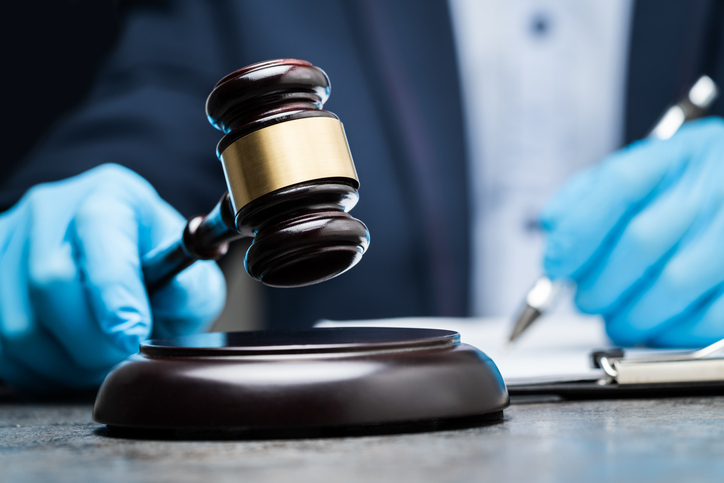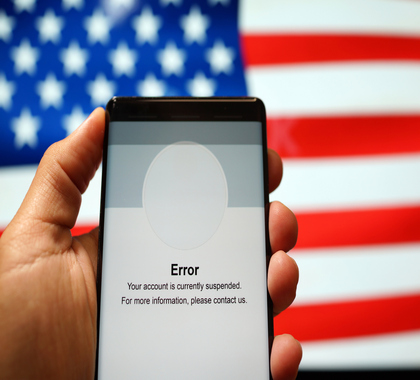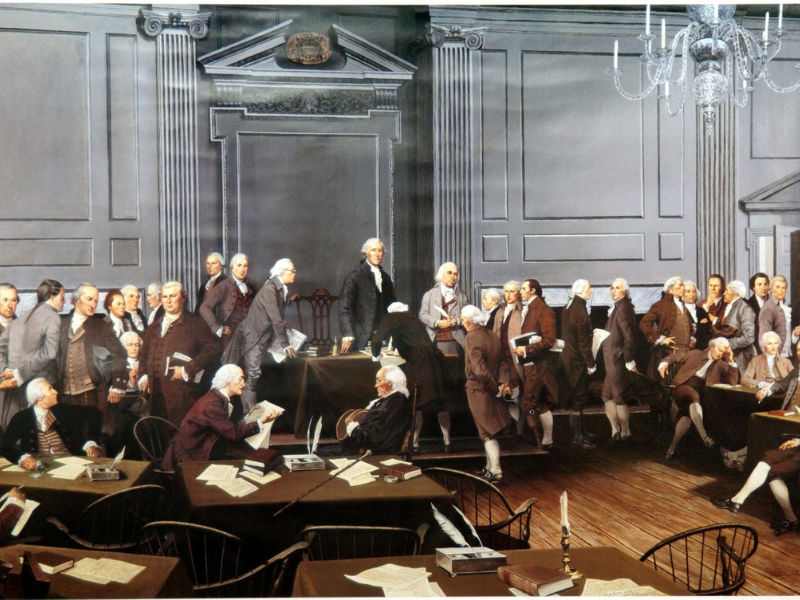Testimony Before the Georgia House Judiciary Committee Regarding the Emergency Powers of the Governor
The Heartland Institute
March 15, 2021
Chairman Efstration and Members of the Committee:
Thank you for holding a hearing on Senate Bill 200, legislation that reforms Georgia’s emergency powers of the Governor in relation to religious institutions and businesses. Due to the coronavirus pandemic, many states watched helplessly as their governors wielded broad emergency powers. This legislation is the first step in the right direction to begin to curb that power for constituents of the Peach State.
My name is Samantha Fillmore, and I am a State Government Relations Manager at The Heartland Institute. The Heartland Institute is a 37-year-old independent, national, nonprofit think tank and our mission is to discover, develop, and promote free-market solutions to social and economic problems. Heartland focuses on providing elected officials on all levels reliable and timely research on important policy issues gubernatorial overreach during a state of emergency.
With its unforeseen and unpredictable nature, the coronavirus pandemic shook every state in our union to its core. Lawmakers and constituents alike have watched the nation as some states have had tremendous success in managing the government response to the pandemic while others’ responses have been haphazard and seemingly without rhyme or reason. Yet in nearly all cases, the governors have acted with little to no input from the legislative branch. Thus, effectively removing the people from having any say in the matter as you, the elected representatives from your communities, represent the very people who voted you into office.
We have seen the worst cases of gubernatorial overreach with the governors of California and New York. Sadly, the worst-case scenario has been revealed in the story regarding COVID-19 nursing home deaths in New York. If governors are left unchecked with unilateral control, they can make decisions that may cost lives and decimate a state’s economy.
Thankfully, states like Florida, Texas, and North Dakota have given us models to review on managing the reopening of their states while balancing the public health crisis’ mitigation. Governors are not gods.
The concept encompassed by SB 200 is straightforward and necessary: it restores autonomy back to religious institutions and businesses.
Last spring and summer, The Heartland Institute developed a set of principles that legislatures could reference if, and when, governors began abusing their newfound powers. Senate Bill 200 abides by many of those guides:
- Resolutions to (or can) immediately nullify an emergency proclamation.
- Time certain duration of an emergency order (renewed by the legislature).
- Pass a resolution that requires the governor to call a special session to approve of an emergency proclamation if the legislature is out of session.
- Permit an interim committee or group of legislative leaders to extend or reject emergency proclamations.
- Impose specific limits to executive authority during an emergency proclamation. (i.e., restrict the governor from unilaterally closing businesses, closing houses of worship, or shutting down freedom of the press, and the right to bear arms.)
Based on this legislation there is a clear appetite among Peach State lawmakers and constituents to reassert themselves into the debate and create mechanisms to ensure the protection of Georgians and their rights to worship as well as own and maintain businesses. Co-equal governance is a bedrock American principle and through this legislation Georgia has an opportunity to set an example to the tens of states that are also looking at reining in executive authority.
I want to thank Senator Anavitarte, as well as the other co-sponsors for crafting this legislation with virtuous goals and aims. This bill lays out a clear process for Georgia lawmakers to reassert their rightful place as a much-needed check against the executive branch during a public health state of emergency.
Thank you for your time and consideration on this important issue.
For more information about The Heartland Institute’s work, please visit our websites at www.heartland.org or http:/news.heartland.org, or call Samantha Fillmore at 312/377-4000. You can reach Samantha Fillmore by email at [email protected].




